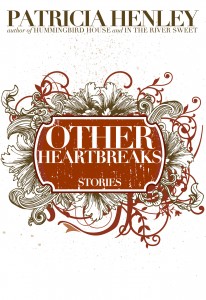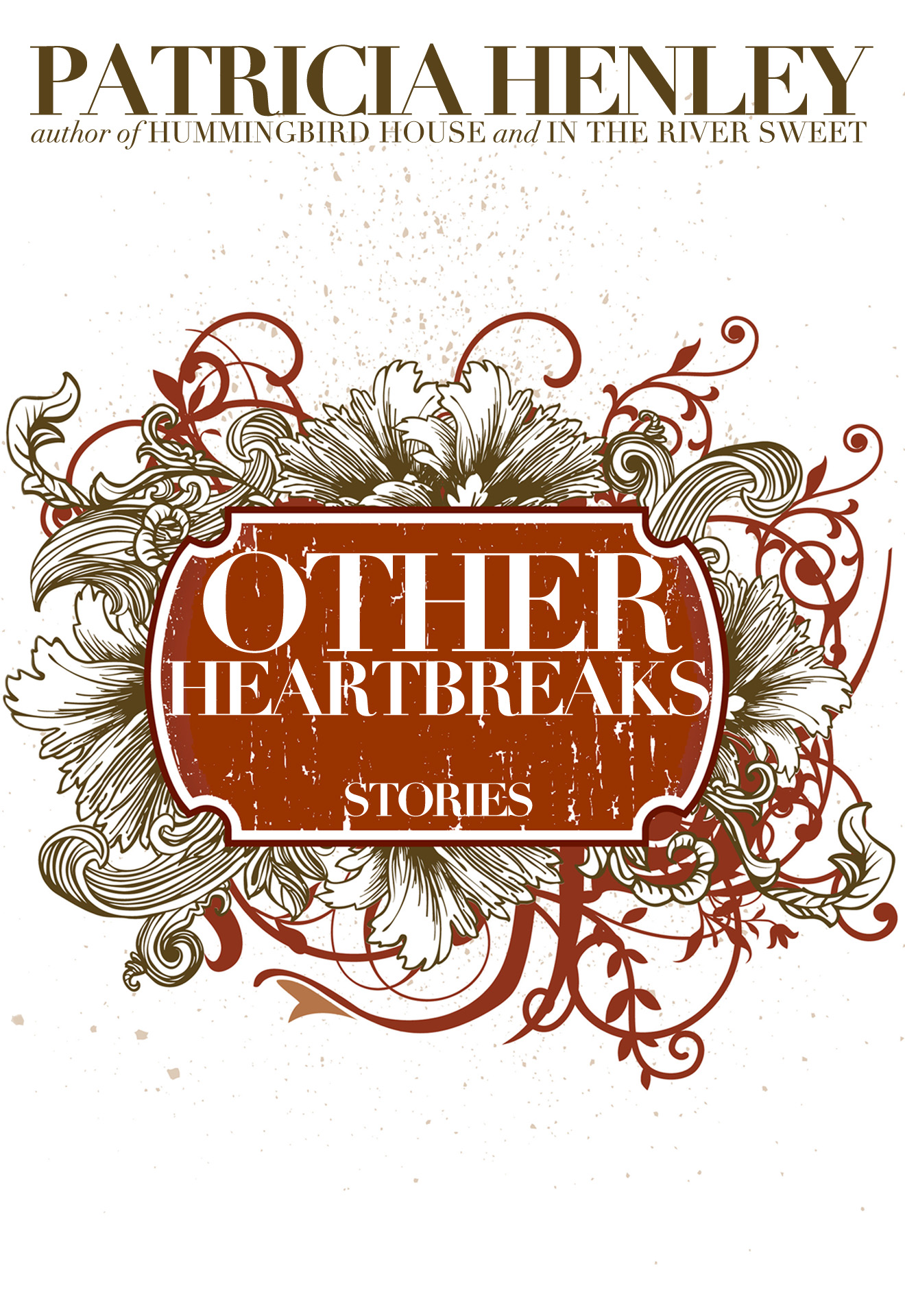 So, sure. I knew that when I wanted to buy a small press book, I ought to buy it from that small press. Of course Amazon takes a cut, beyond that sweet little discount. I mean, even Borders blames Amazon. And yeah, okay, it’s nice to get my hands on something right away if I can get it in person, and also to not pay for shipping. And so, now and then, the laziness/thriftiness/get-it-now mentality might take over.
So, sure. I knew that when I wanted to buy a small press book, I ought to buy it from that small press. Of course Amazon takes a cut, beyond that sweet little discount. I mean, even Borders blames Amazon. And yeah, okay, it’s nice to get my hands on something right away if I can get it in person, and also to not pay for shipping. And so, now and then, the laziness/thriftiness/get-it-now mentality might take over.
Then I started Engine Books, and learned a thing or two.
For example, Engine Books nets more revenue from 100 direct sales than 1,000 copies sold through conventional distribution. That’s right: A factor of 10.
This exact number won’t be true for all small presses. For Engine Books, it’s the right decision to discount wholesale prices to meet retailers’ demands. But if you didn’t know, those discounts are staggering. The best option for small presses to generate sustainable funding is either to offer retailers a smaller discount or to price the book higher to generate a little more revenue. The former means that fewer retail stores will even consider stocking the book; the latter means it feels overpriced to potential readers. And perhaps at some point, Engine Books will adopt that business model, reaching for less distribution and more stable (if modest) sources of income. This works well for many small presses. And of course, even with the bloodletting-level discount, there’s no guarantee whatsoever that bookstores will order a title. Even so, I feel I owe my authors a shot at broad availability.
Perhaps I’ll find, down the road, that this working model is unsustainable. Or maybe you’ll buy your copies at enginebooks.org, and it will become sustainable.
Which is not to say that you must go pre-order this minute. I worry about pre-orders, because I’ve heard of these presses that require writers to generate a certain number of pre-orders before they’ll fully commit to the book. I don’t like these presses; I don’t think they’re author friendly or particularly good for anybody, and they smack a little too much of pay-to-play for my comfort, as a publisher, and especially as a writer. So if you’d like to wait until October to come back and buy Other Heartbreaks, rock on. I’ll still be here. But if you believe in small presses, do it here, not at Amazon.
I’ll just say it again, a friendly reminder before I go: Engine Books earns more revenue on 100 books bought here than 1,000 ordered at Amazon. Can you believe it?
Meanwhile, here are a few other small presses I love, whose books you can go buy right now:
Caketrain
FiveChapters Books
short flight/long drive books (from the good people at Hobart)
Press 53
Shop away, my friends.


Curious: do you make just as little money if I buy it from an independent bookseller as you do if someone buys it from Amazon? I refuse to buy anything from Amazon–ever!–and also Borders, B&N, etc… but I do like supporting my wonderful local independent bookseller.
The short answer is yes. When a publisher chooses to discount the wholesale price of a book, that discount applies to all retailers–that’s how retailers can offer discounts themselves. It’s the risk we take when we decide to offer our authors broad distribution opportunities.
But! I want to emphasize that that’s a choice. And also that if anyone but me is going to get the extra scratch that Amazon’s not getting, I’m thrilled for an independent bookstore to have it. You’re choosing where your money goes, and that’s a wise choice. If I discount a book at the rate many retailers require, and you buy it at a small bookstore, the difference between what you pay (cover price or otherwise) and the wholesale price, minus shipping, goes to the bookstore.
It helps if you occasionally order direct from publishers as well, but I’m more than happy to share with the bookstores.
Thanks for this information. I”m embarrassed to say I had no idea about the huge discrepancy. I’ll link to this in my blog.